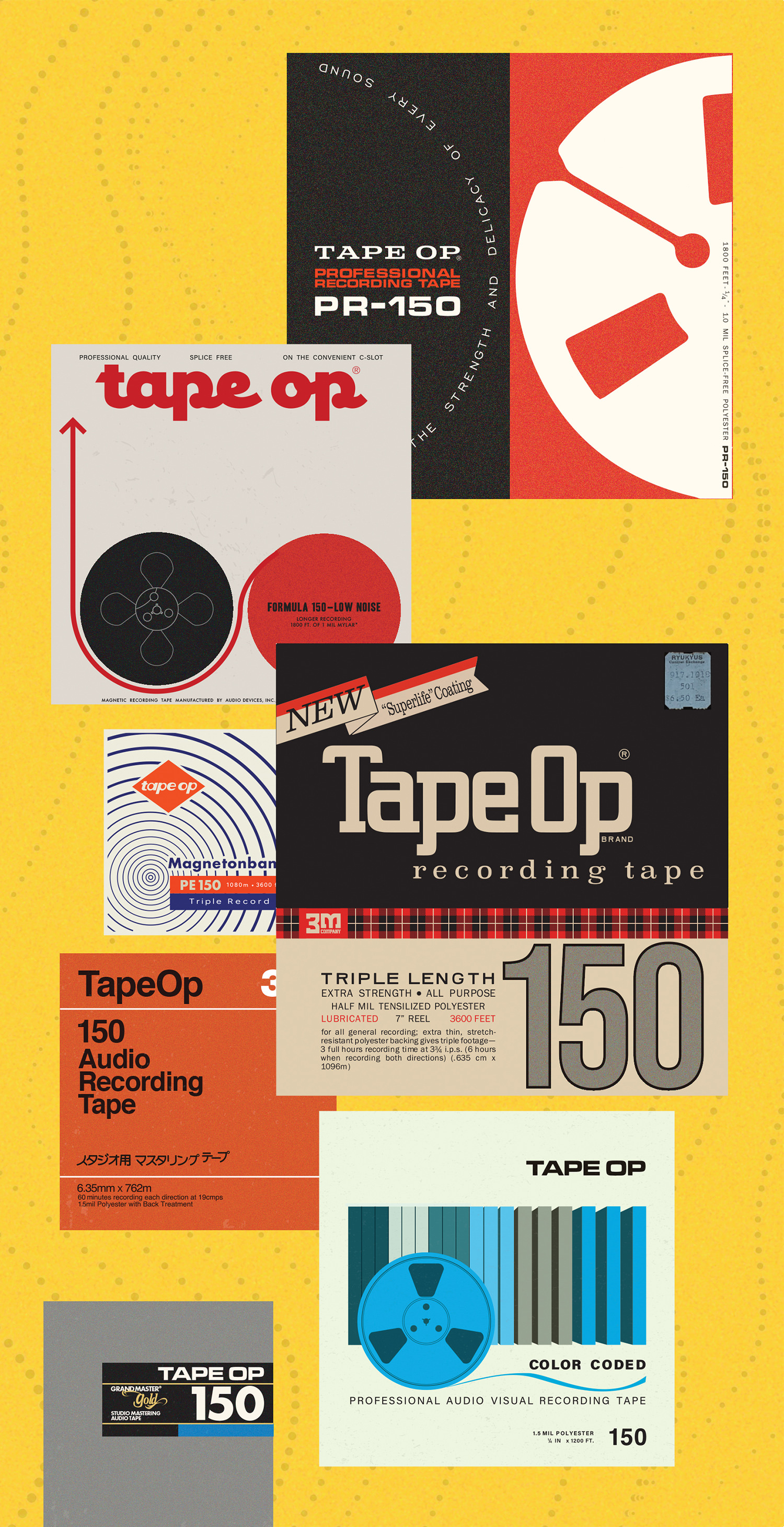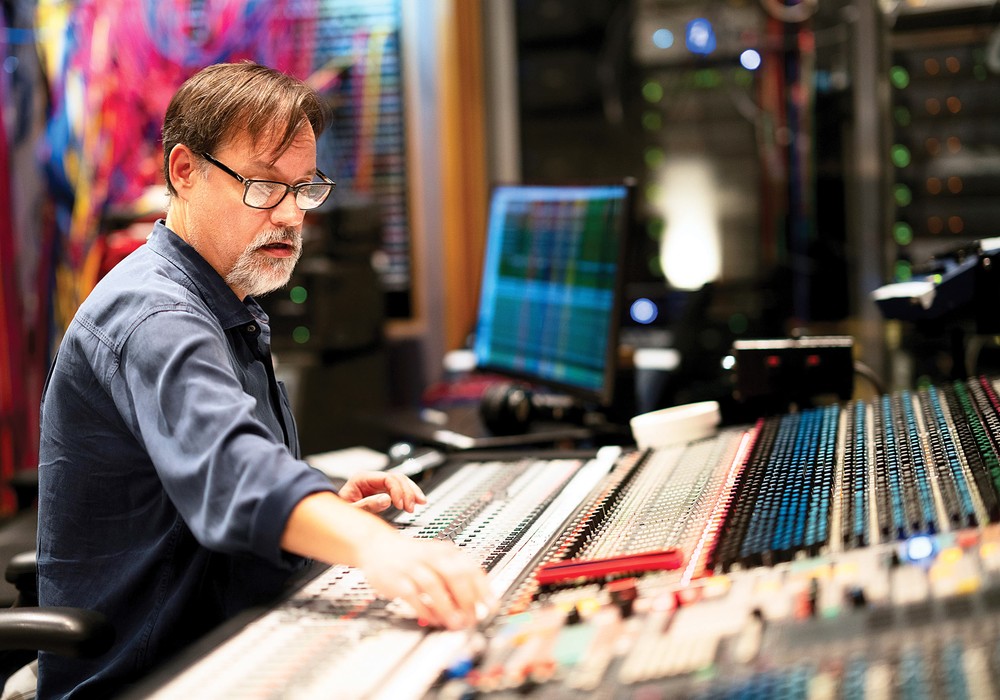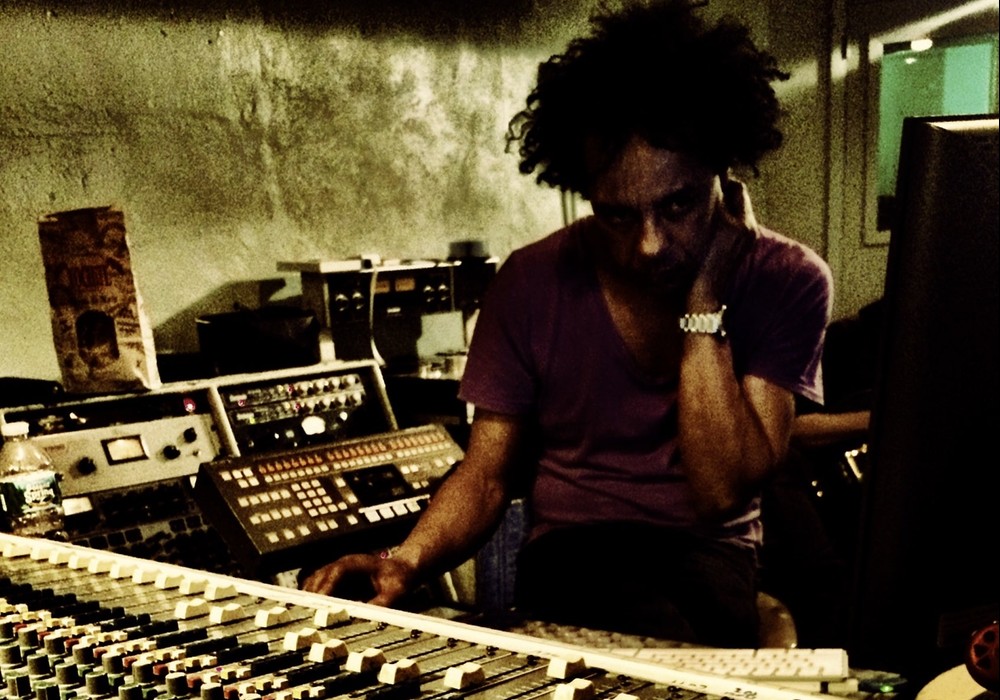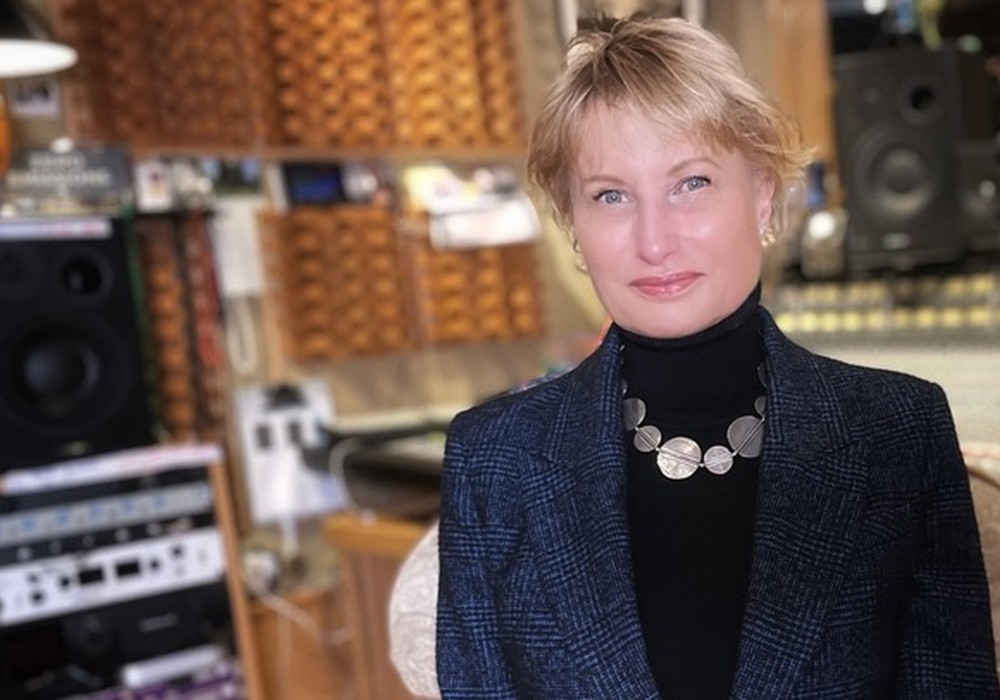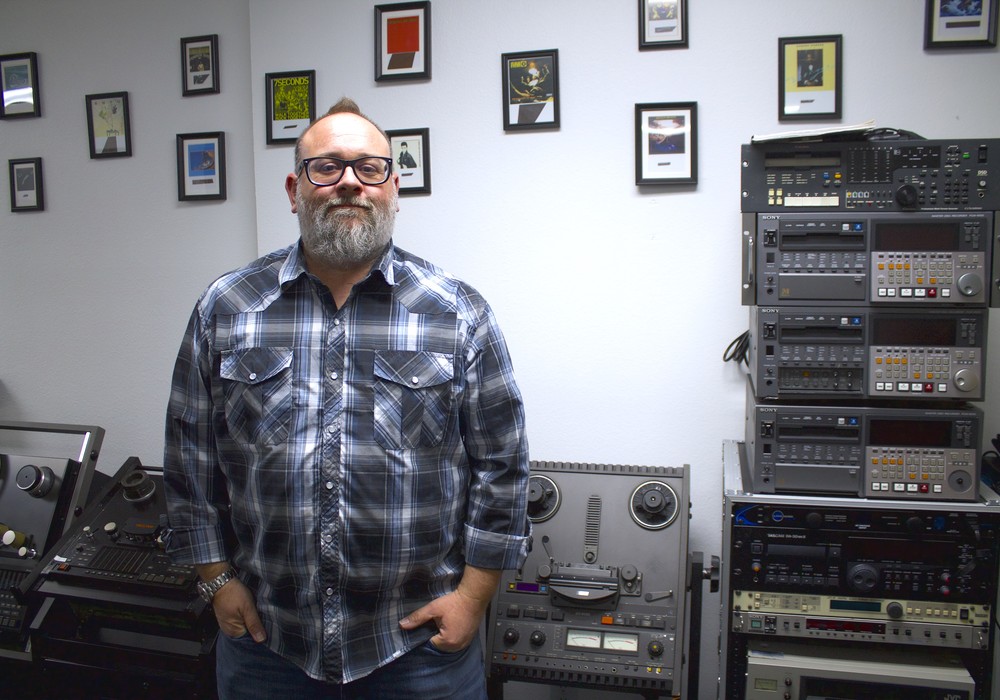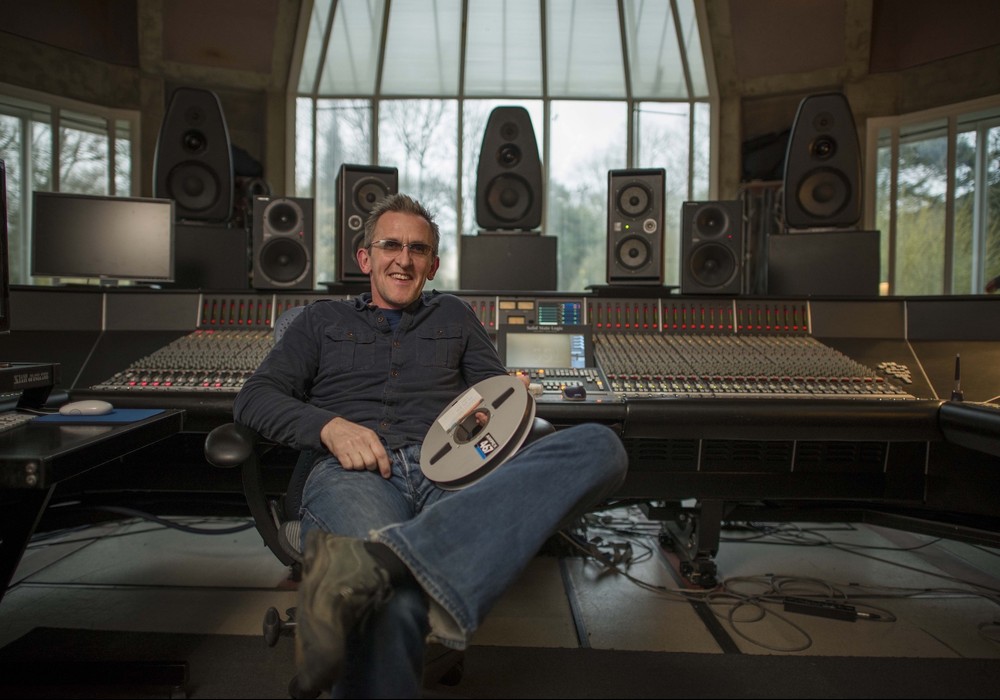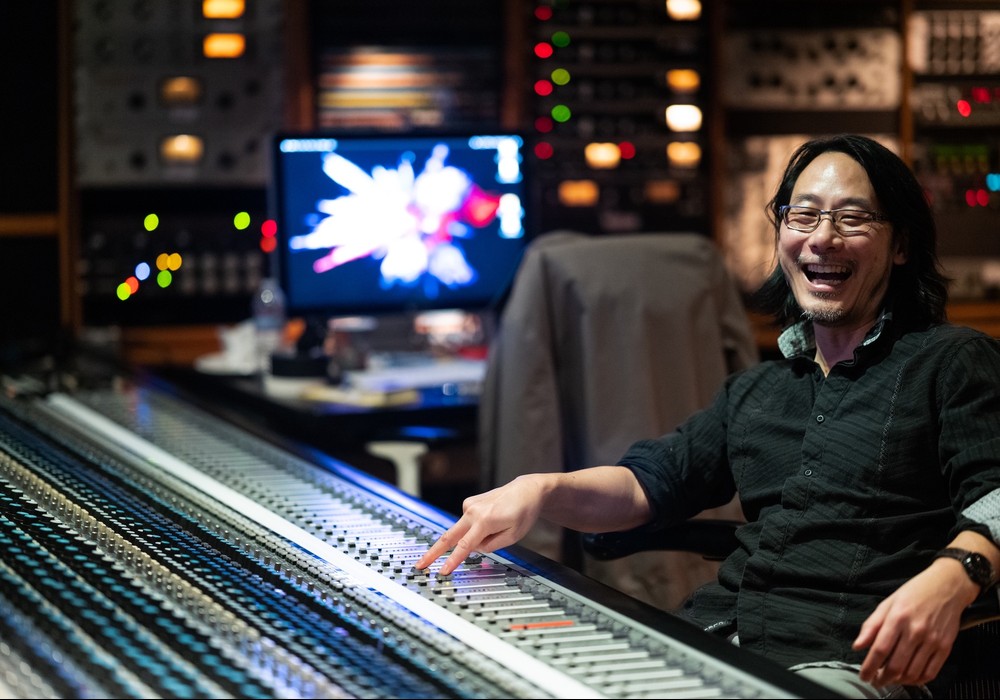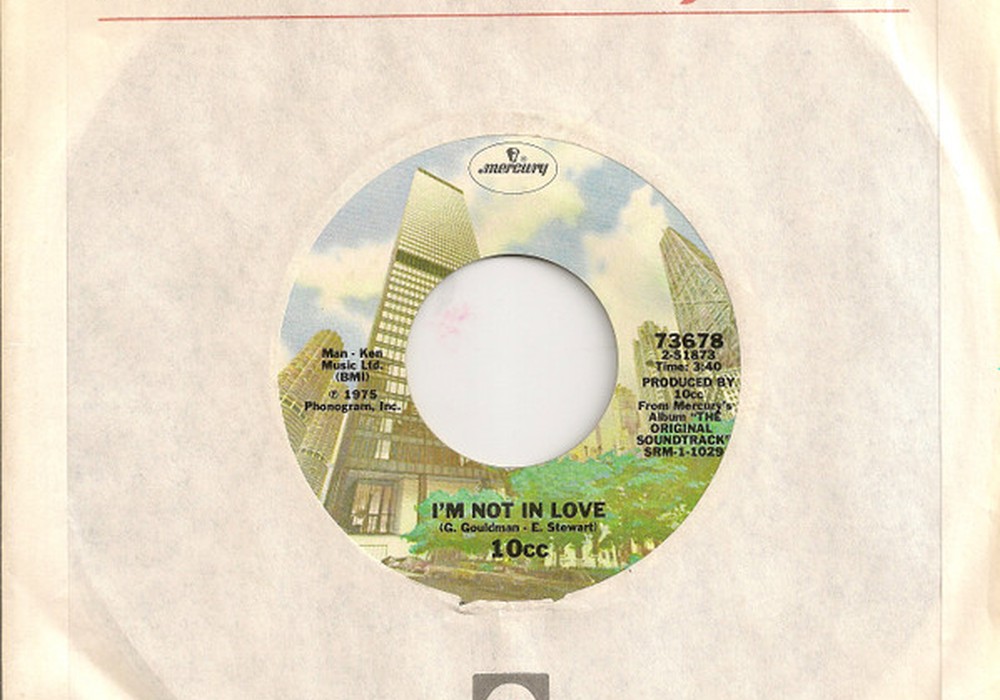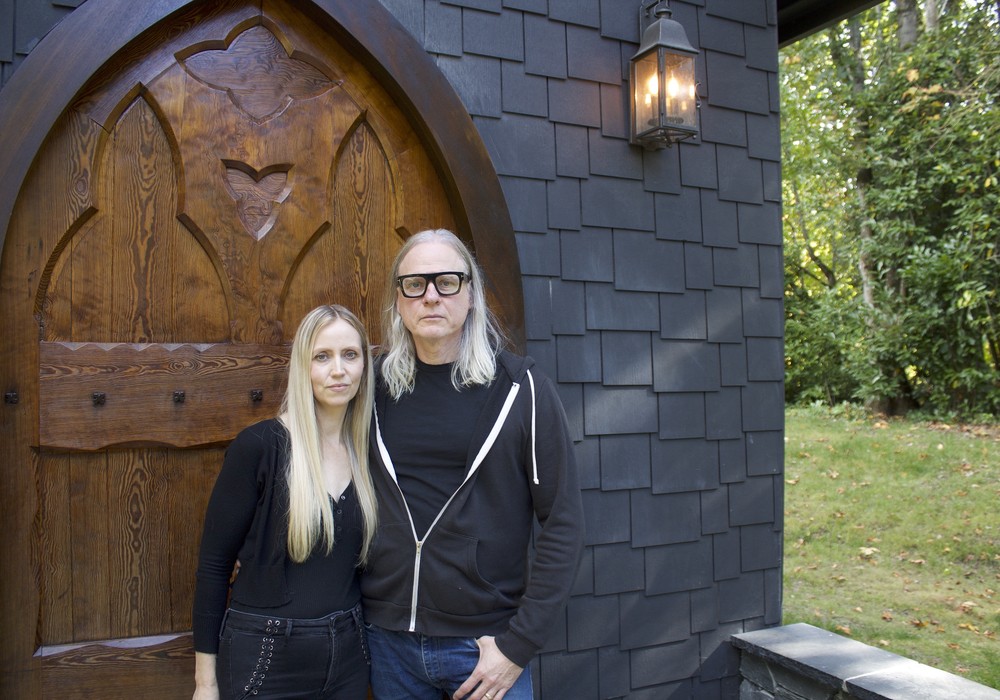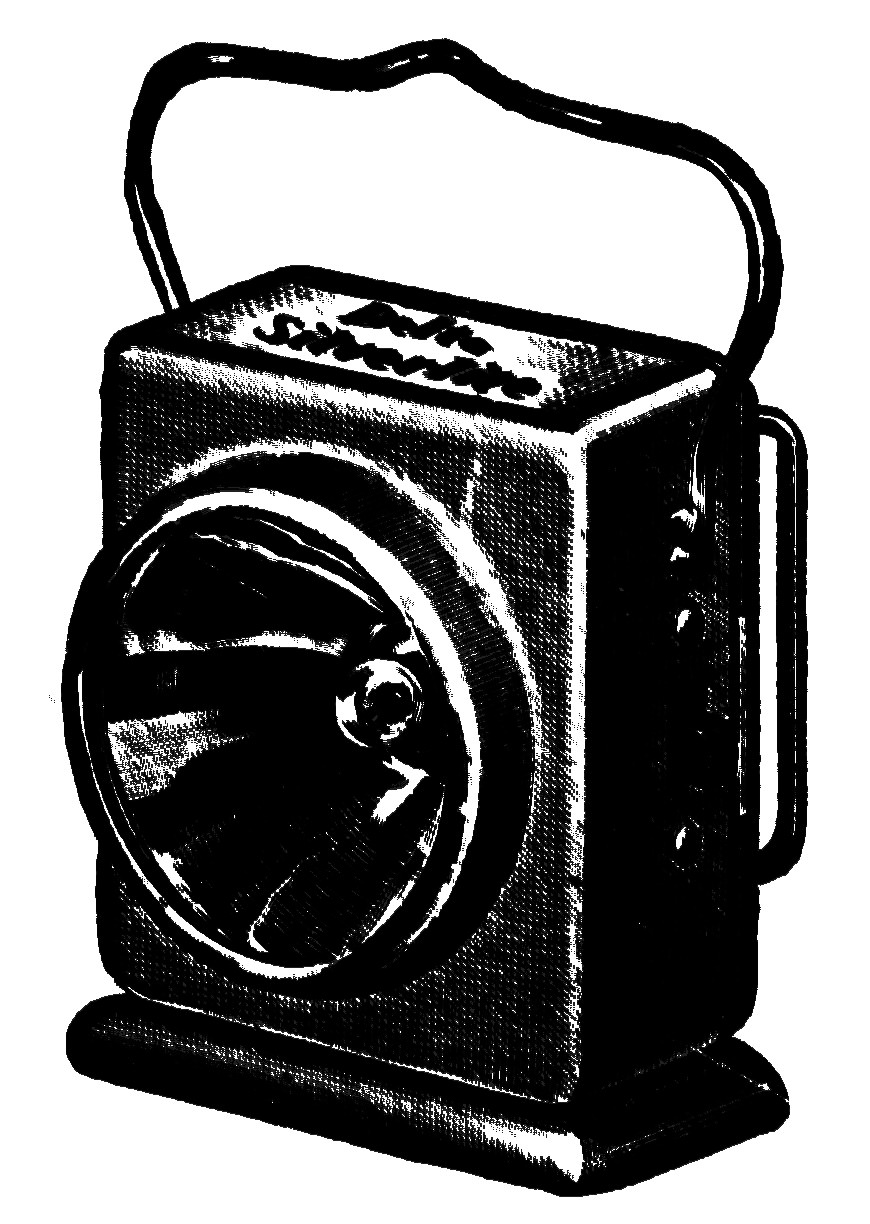
A few months back, I stumbled upon a documentary called The Art of Recording a Big Band [reviewed in Tape Op #118]. The film allows the audience an intimate experience of watching the late, great producer/engineer Al Schmitt record a big band with his right-hand engineer of 20 years, Steve Genewick, at Capitol Studios [#114]. In my opinion, this documentary should be required viewing for anybody who hopes to work as an engineer in the world’s best studios, with the world’s best musicians. Steve and I met up online at the end of 2021 to talk about working at Capitol, sessions with Al, and immersive mixing in Dolby Atmos.
How did you get into recording?
I was into music as a kid, but I didn’t play. I was always buying and listening to records, and was curious about it. When I was in high school, I had friends who were in bands. One of my friend’s bands went to a studio, and I got to hang out. It was just a little demo studio; I don’t even know what it was called. But I remember spending one night there, thinking, “This is really cool! I’ve got to learn about this.” It was a little bit harder back then. We didn’t have the internet; we only had books and magazines.
Were you watching them record to tape?
It was all tape. This is late ‘80s-ish. After I got out of high school, I didn’t know how to get into the studio business. I didn’t know anything. I wasn’t the guy who had the 4-track at home. I found a recording school, Trebas Recording Institute. It was a two-year program. At the time, recording schools were very new. I went there, and it was really great. I could learn what an EQ does, what a compressor does, and ask, “What are these microphones?” The school was okay. And the teachers were really good, because they had working people. Bobby Owsinski was one of my teachers.
Oh, wow!
Yeah. I was doing well, and I liked it. A guy who sat next to me in one of my classes had gotten a job as a night runner at Cherokee Studios on Fairfax Avenue, which is no longer there. There’s a new Cherokee now [on Melrose Avenue]. That guy got fired for doing something stupid, as we all do. I asked him, “So, they need somebody, right?” He replied, “Yeah, dude. You should go get the job.” I walked out of Bobby Owsinski’s class, walked over to the studio, and said, “I know you need somebody.” They hired me that day. I was doing the night runner and going to school. There were five rooms there, so there were always sessions going on.
Were these high-profile sessions that you’d get to eke your way into?
Yeah, totally. We would do Rod Stewart, a lot of old school hip-hop – Dr. Dre and those guys, and Trevor Horn [Tape Op #89] worked there a lot. Because they had all those rooms, there would be something really big going on in Studio 1, and a little overdub in Studio 4. It was pretty cool. I didn’t go back to the school, because I was learning more at the studio. I eventually made my way up to assistant engineer, and then I was in the control rooms. I worked there for about three years. If you talked to a bunch of people, you’d find out that everybody would eventually get fired from Cherokee. I got fired for something stupid. I had started to do some live sound in clubs, doing front-of-house for bands and really liking it. I had odd jobs, working for friends and installing sound systems. I did that for about a year and a half. Then I ran into a friend of mine, Bill Smith, who I worked with at Cherokee. Bill’s still around, and one of my best friends. I ran into him one night at a bar. Bill had left Cherokee and was working at Capitol Studios. He sat me down and said, “Somebody quit at Capitol today. This is not like the other places. This is a very different studio. This is all big-time. We’re doing orchestras, big bands, movies, and records.” He explained what a completely different world Capitol was at the time, and still is. He convinced me, so I went home that night and got my résumé together. I went in the next day, walked in the front door of the building, and asked for Michael Frondelli, the studio director at the time. Michael came out, I gave him my resume, and he didn’t even look at it. He just went, “How do you know I need somebody?” I said, “I ran into Bill last night.” He went down and talked to Bill, came back up,...
